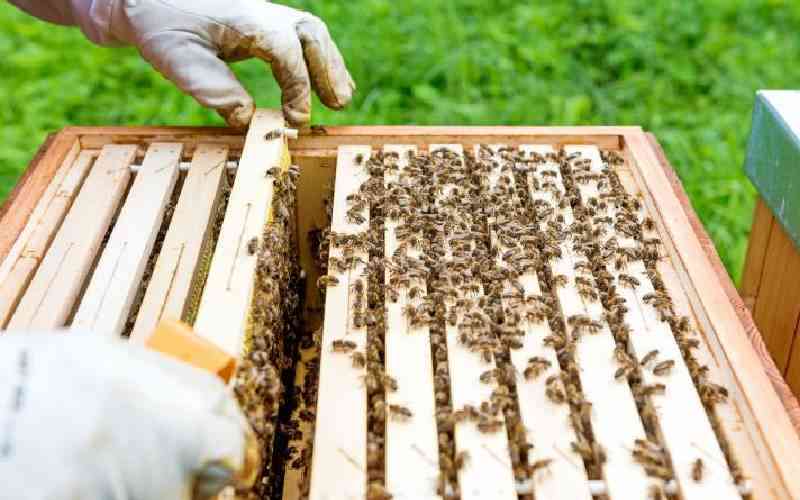×
The Standard e-Paper
Kenya’s Boldest Voice

Like many parts of Northern Kenya, 85 per cent of the population in Wajir County are livestock keepers and nomadic pastoralism defines their lifestyle.
However, a new venture is slowly changing fortunes and introducing new economic ventures in the rural arid Kenya.